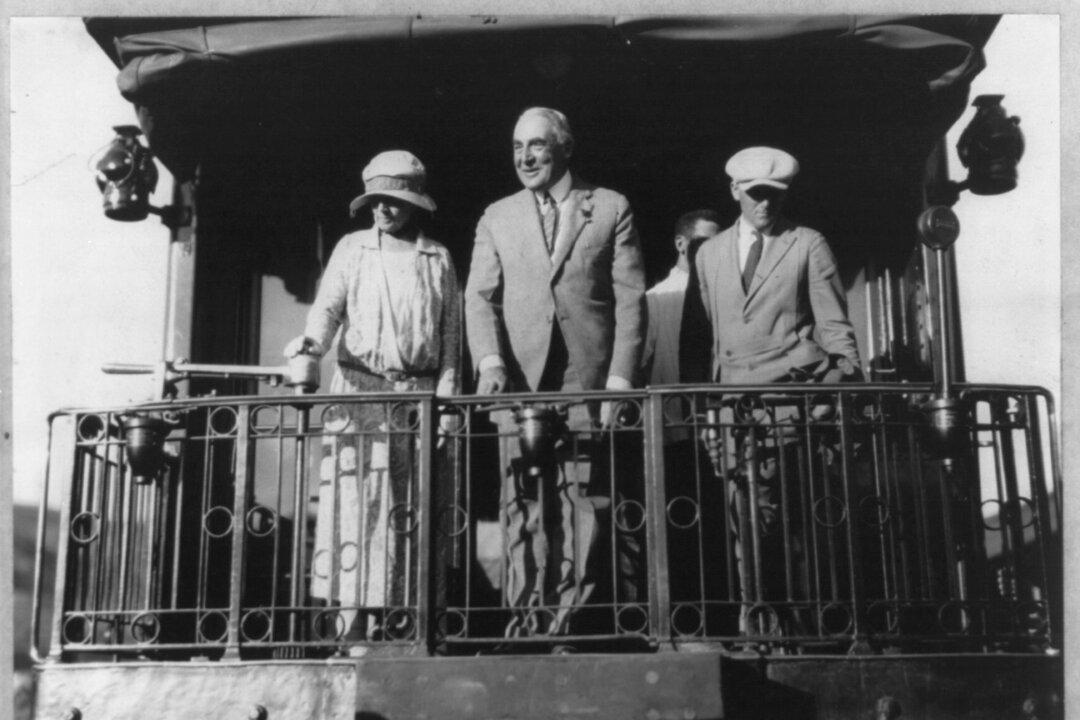Commentary
It was about 100 years ago—Aug. 2, 1923—when President Warren G. Harding suddenly died. He was in San Francisco, on the tail end of a cross-country promotional tour that had taken him as far as Alaska. It would have been an exhausting trip even for a younger man without a bum ticker. Then Harding contracted pneumonia along the way and, if that wasn’t enough, was laid low by some tainted seafood.





